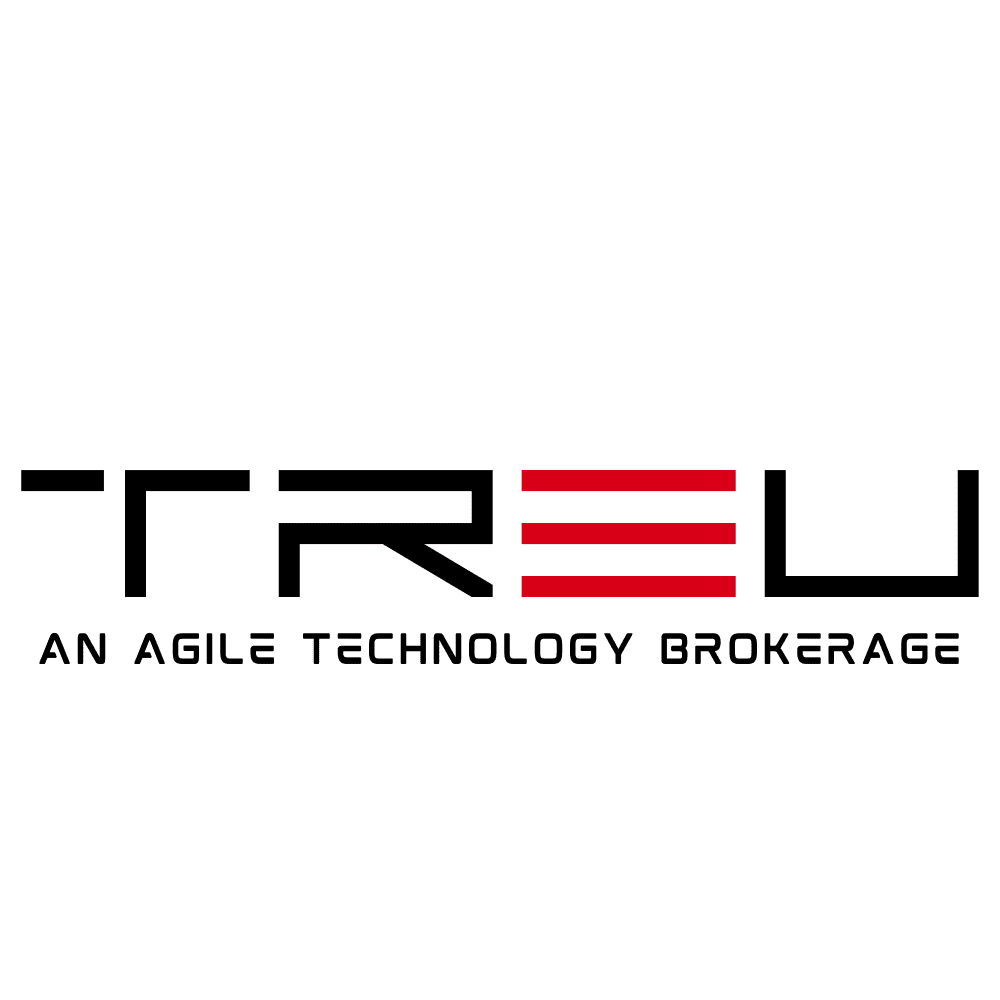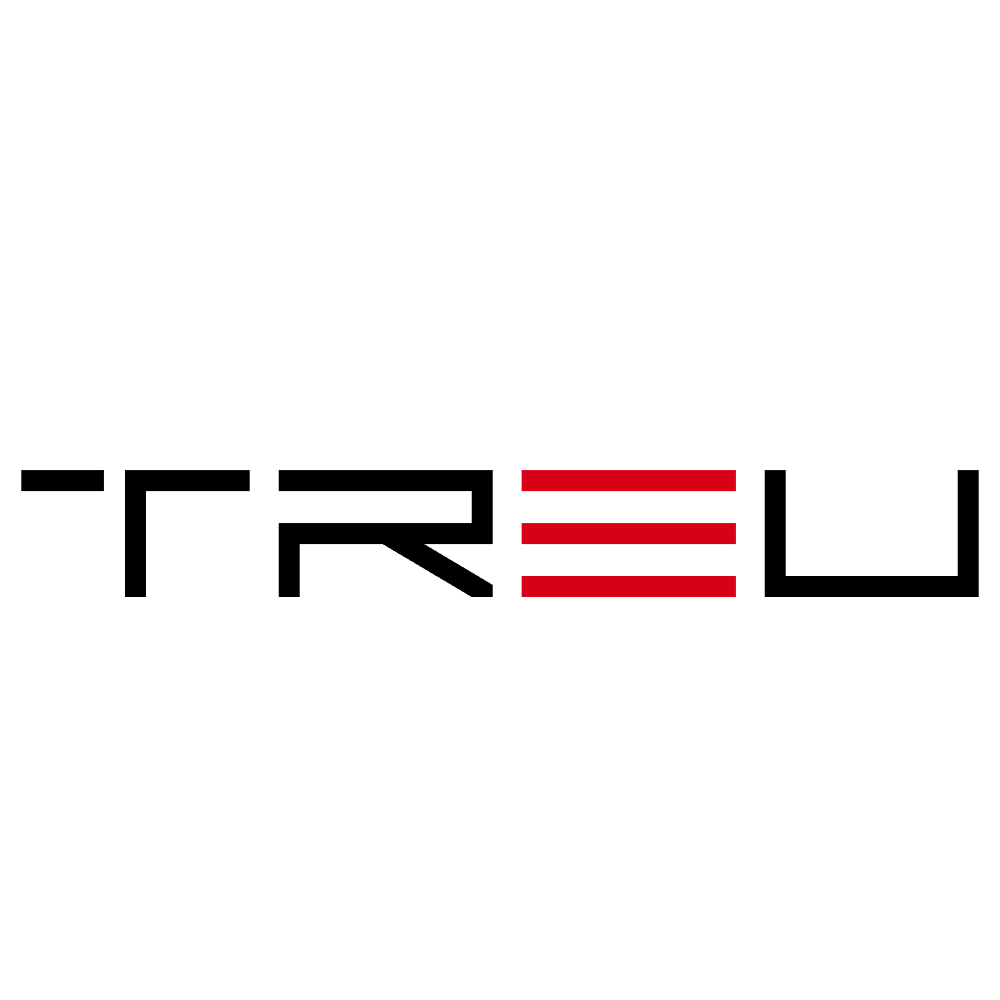“`html
How CIOs Should Prepare Today for the Quantum Computing Future
Quantum computing is no longer a mere buzzword—it’s a transformative technology that holds the potential to dramatically reshape industries and revolutionize how problems are solved. While it may take a few more years for quantum computing to reach its full potential, Chief Information Officers (CIOs) must start preparing today to stay competitive in an increasingly tech-driven future. Waiting until quantum computing becomes mainstream will leave organizations scrambling to catch up, and by that time, it might already be too late to seize the competitive advantages this technology offers.
In this blog post, we’ll cover strategic steps CIOs need to take now to prepare for the inevitable quantum computing revolution while maximizing their organization’s readiness for this paradigm-shifting technology.
Understand the Quantum Computing Landscape
Before diving into preparation strategies, CIOs need to start with a solid understanding of what quantum computing is, its capabilities, and the timeline for its adoption. Unlike classical computers, which use binary bits (0s and 1s), quantum computers use quantum bits—or qubits—which can exist in multiple states simultaneously thanks to principles of quantum mechanics like superposition and entanglement.
The potential applications are immense, ranging from faster drug discovery in healthcare to solving complex optimization problems in logistics. However, quantum computing’s most significant impact is expected in areas like cryptography, artificial intelligence, materials science, and big data processing.
CIOs must remain informed about:
- The current state of quantum computing development.
- Key players in the quantum ecosystem (e.g., IBM, Google, D-Wave, Rigetti).
- Industry-specific use cases and their potential impact on business processes.
Actionable Step:
Encourage your IT leaders to take courses, read research papers, and attend tech conferences focused on quantum computing to build a foundational knowledge base.
Assess Quantum Computing’s Relevance to Your Industry
The next step is to evaluate how quantum computing could directly affect your organization and the industry you operate in. Some industries, such as pharmaceuticals, financial services, and aerospace, are likely to see faster and more significant impacts than others.
Key questions to ask include:
- Which areas of our business rely on complex computations that could benefit from a quantum speedup?
- How will quantum computing influence our industry’s competitive landscape?
- What risks and opportunities might quantum computing bring to our organization?
CIOs should engage with external consultants, leverage research studies, and work with other executives to map out the potential value quantum computing could create in transforming current business processes.
Actionable Step:
Create a quantum impact assessment document that outlines how quantum computing might influence your organization’s core operations, products, and services—and keep it updated as the technology evolves.
Start Building Expertise In-House
A significant challenge for organizations adopting quantum computing will be the shortage of skilled professionals who understand the technology well enough to implement it effectively. CIOs should focus on building quantum computing expertise within their teams sooner rather than later.
Steps to consider:
- Encourage IT teams to pursue training in quantum computing platforms like IBM Quantum, Microsoft Azure Quantum, or Google Quantum AI.
- Build a small team of quantum technology specialists within your IT department.
- Partner with universities or organizations that specialize in quantum research to sponsor internships or research projects.
By cultivating in-house expertise now, your organization will be better positioned to adopt and deploy quantum solutions when the technology matures.
Actionable Step:
Launch an internal educational program focused on quantum technology and allocate a portion of the R&D budget toward upskilling employees in quantum-related skills.
Invest in Quantum-Safe Security Measures
As promising as quantum computing is, it also poses a major risk: the potential to break current cryptographic systems. Many organizations today rely on public key encryption to secure sensitive data, and quantum computers could theoretically break these encryption methods in mere seconds.
CIOs need to proactively address this risk by exploring post-quantum cryptography methods that are resistant to quantum attacks. Some steps include:
- Collaborating with cybersecurity teams to evaluate current encryption protocols and identify vulnerabilities.
- Implementing hybrid cryptography systems that combine classical and quantum-resistant algorithms.
- Staying updated on advancements in quantum-safe encryption through organizations like the National Institute of Standards and Technology (NIST).
Failure to address quantum-related security risks could leave your organization exposed to data breaches and other cyber threats in the future.
Actionable Step:
Work with cybersecurity vendors to conduct a quantum threat assessment and begin planning a roadmap for implementing quantum-safe solutions.
Collaborate with Industry Partners and Innovators
The quantum computing ecosystem is growing rapidly, with startups, academic institutions, and tech giants making significant strides in research and application development. CIOs should actively partner with these industry innovators to stay ahead of the curve.
Consider these strategies:
- Join industry working groups or consortiums focused on quantum technologies.
- Partner with quantum startups for pilot projects that solve specific business challenges.
- Build alliances with academic institutions to gain access to cutting-edge developments in quantum research.
By collaborating with external innovators, CIOs can reduce R&D costs, gain critical insights, and test the viability of quantum applications before implementing them on a larger scale.
Actionable Step:
Create a partnership strategy that prioritizes collaboration with established quantum leaders and emerging startups in your industry.
Experiment with Quantum Simulators
Since fully scalable quantum computing hardware isn’t yet accessible to all industries, many organizations are leveraging quantum simulators to experiment and prepare for the technology’s arrival. These simulators allow teams to test quantum algorithms and understand how they might apply to real-world scenarios—without requiring physical quantum computers.
Some available quantum simulators include:
- IBM Quantum Experience
- Microsoft Quantum Development Kit (QDK)
- Google Cirq
By experimenting with simulators, IT teams can develop quantum-ready strategies and use cases that can be readily implemented once larger-scale quantum hardware becomes available.
Actionable Step:
Launch experimental projects within your IT department using cloud-based quantum computing platforms to explore their potential in solving business challenges.
Conclusion: Prepare Today, Lead Tomorrow
Quantum computing is not a distant dream—it’s a rapidly evolving technology that is poised to disrupt industries in profound ways. To ensure your organization remains competitive in this future landscape, CIOs must take proactive steps today. By understanding the fundamentals, assessing the technology’s industry relevance, fostering in-house expertise, addressing potential security risks, and fostering industry collaborations, CIOs will equip their organizations to harness the transformative power of quantum computing.
The future of quantum computing might be uncertain, but one thing is clear: those who prepare now will lead the way when the future arrives. Start building your roadmap today and position your organization as a pioneer in the quantum era.
“`

